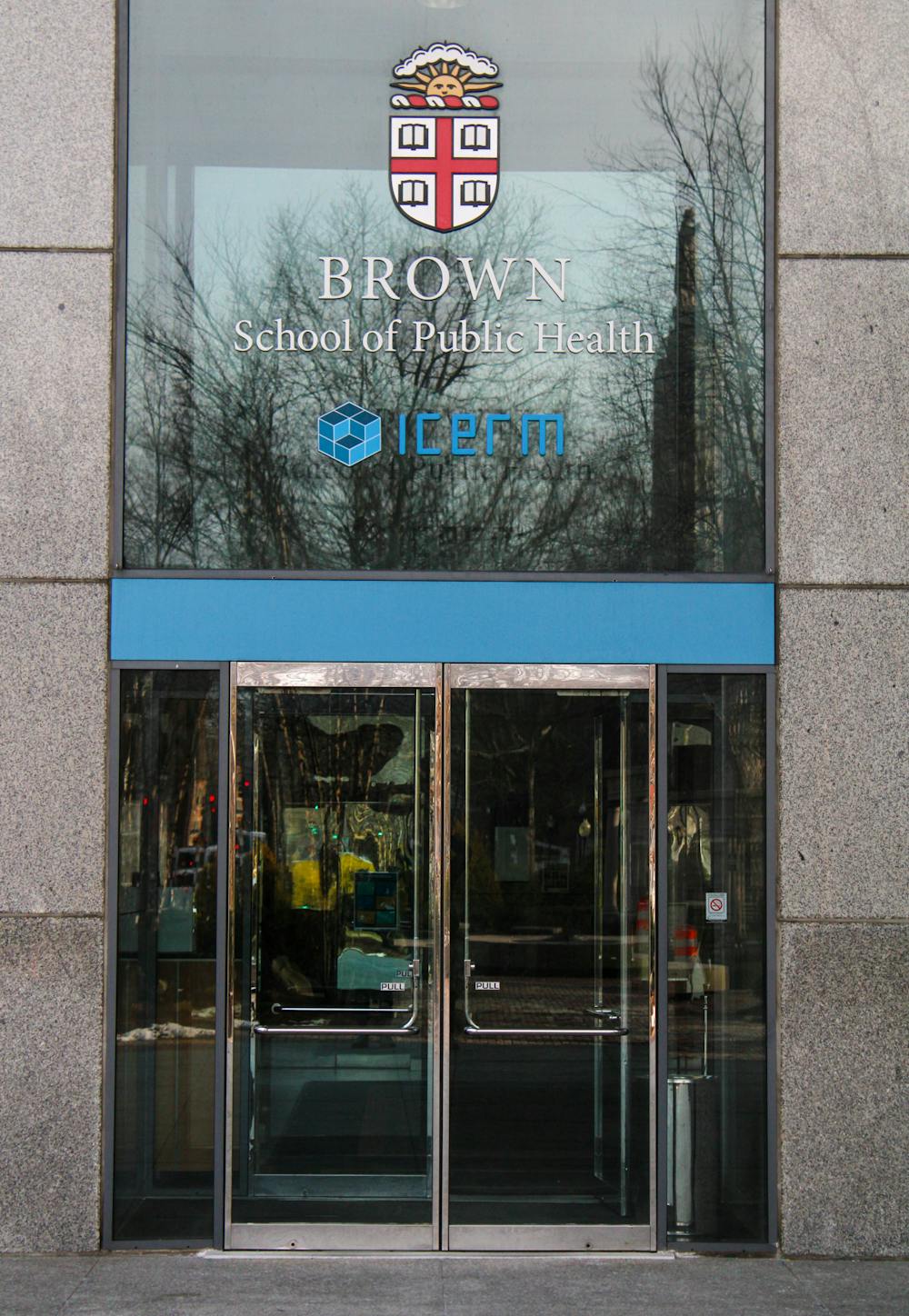The School of Public Health’s Health Equity Scholars program — a cohort-based program for students from historically Black colleges and universities or Hispanic-serving institutions and Rhode Island residents — provides members with scholarships, leadership development and support as they pursue a master’s in public health.
Launched in 2020, the program was envisioned by SPH Dean Ashish Jha as an expansion of the partnership between the SPH and Tougaloo College, according to Rosenny Taveras, director of the HES program. “The program was launched as a response to the killing of George Floyd and the disproportionate impact of the COVID-19 pandemic on people of color,” she added.
“The destructive trifecta that is systemic racism, the coronavirus pandemic and the economic upheaval our communities continue to face highlighted the need to implement a program to train the next generation of leaders who will rise up and fight inequities in public health,” Taveras wrote in an email to The Herald.
According to Taveras, the program was exclusively for graduates of HBCUs when it was launched. After its initial success, she and other program leaders felt the need to increase accessibility by adding two new admission pathways in 2022 — one for graduates of HSIs and another for Rhode Island residents.
“These pathways were intentional,” Taveras wrote, as “a way to target and develop leaders in the Latinx community as well as within our own local community.”
Taiylar Ball GS, a first-year Health Equity Scholar, said she applied to the program because she loved the idea of having support while pursuing graduate school. “I wanted to pick a program that I felt would invest in me as a student and allow me to be around like-minded people,” she said.
“There are so many people that really care about the success of the students in the program,” Ball said. “I would not change a thing about the program.”
She added that she utilizes the University’s Undocumented, First-Generation College and Low-Income Student Center and the Brown Center for Students of Color.
First-year Health Equity Scholar Ameerah Battle GS said she had “never considered applying to an Ivy League school” before learning about the program.
Battle received an email from her undergraduate institution promoting the program, which led her to the HES website and meetings with SPH student ambassadors. “I really liked what I was hearing and also Brown’s mission statement, which led me to apply,” she said.
“I was really surprised when I got accepted into Brown,” Battle said. “It is a really good program for anyone considering getting their master’s in public health.” She said that the nature of the program and the financial support it provides are “more than I ever could ask for,” though she wishes she had opportunities to connect with previous cohort members.
“With our first cohort of students graduating this spring, we are aiming to build a strong alumni network as many of our scholars have shared interests in serving as future mentors,” Taveras wrote.
Taveras added that the HES team is “working really hard to increase the program’s visibility to prospective students.”
According to Taveras, many health equity scholars visit their alma maters to talk about their experiences at Brown. This past fall, three students in the HES program — all Tougaloo alums — returned to Tougaloo to “connect with faculty and students to talk about our program,” Taveras wrote.
According to Taveras, HES leaders are also increasing the program’s visibility by attending conferences run by affinity-based organizations, including the Society for the Advancement of Chicanos/Hispanics and Native Americans in Science and the Hispanic Association of Colleges and Universities.
“We have also partnered with alumni and student HBCU networks to assist in our efforts to reach students and graduates of” HBCUs, she explained, adding that HES leadership has collaborated with the SPH admissions staff to attend information sessions at HBCUs, HSIs and Rhode Island institutions.
Taveras wrote that she looks forward to “working closely with our students and local community partners to build lasting partnerships” as the program moves forward.
“Although we still have work to do,” she wrote, “I envision the HES at Brown program serving as a model for other institutions looking to create equitable change.”





